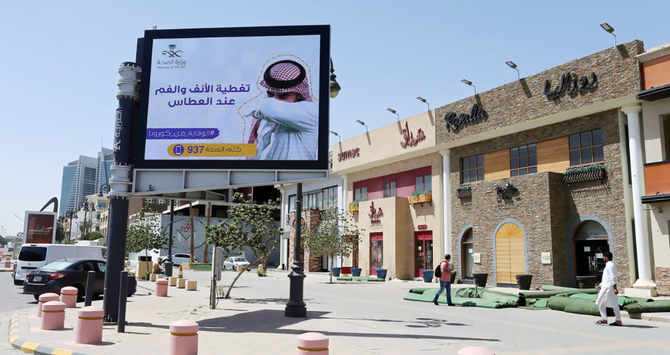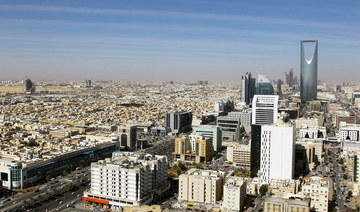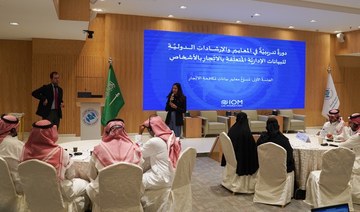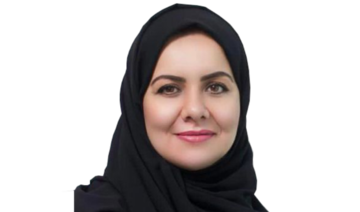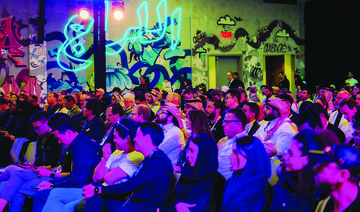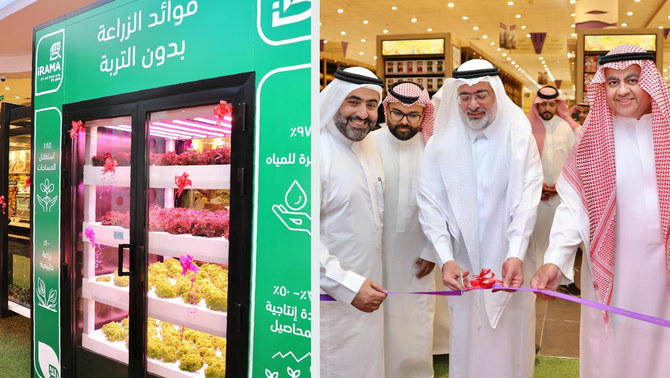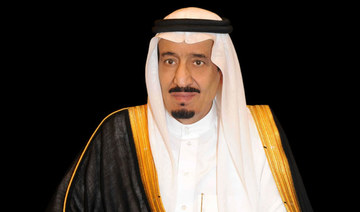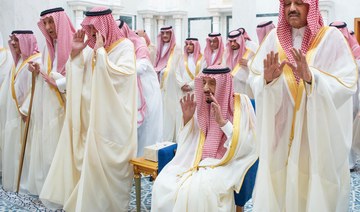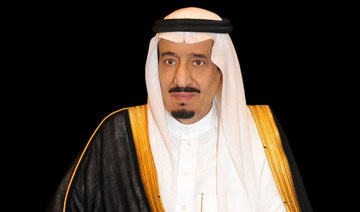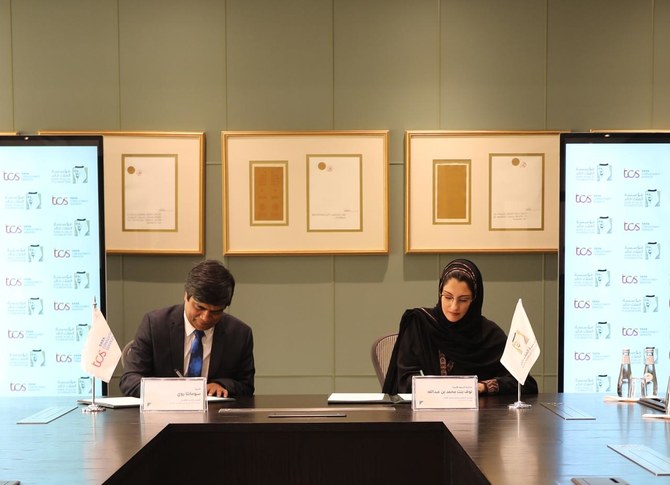RIYADH: A large number of Saudi landlords have shown their support by exempting tenants from paying rent to mitigate the impact of the losses incurred by many tenants.
Most of the landlords gave few months free for tenants. However, tenants say the exemption should be commensurate with the losses which the tenant has incurred. Some tenants said their business sales have dropped significantly and have not sold a single product for days.
Ismail Darwish, CEO of the Al-Tas’heelat Holding Group, said, "Wafi Energy, which is one of our subsidiaries, is a fuel station company that rents, operates, invests in and runs fuel stations through long-term investment contracts. Wafi Energy sublets the facilities of the fuel station to different business activities including grocery stores, oil change shops, cafés, restaurants and ATMs.”
The revenues of a fuel station and the facilities on the premises depend on the flow of vehicle movement, so if a crisis, let alone a pandemic, occurs, the business will be definitely impacted, explained Aldarwish, who has been working for 15 years in the sector.
The initiative is a response to the crisis and aims to mitigate the impact of the pandemic and protect as well as help the tenants, especially in the light of the fact that the negative impact is not limited to the tenants, but it also reaches the property owners and the investors.
“One of the solutions available to us as investors and tenants of the land is to get discount on the rent from the property owner in order to mitigate the impact of the crisis and provide the owners of other activities with more flexible solutions and exemptions,” he pointed out.
At the outset, Aldarwish considered giving all the tenants a three-month rent free but he decided it would not be fair to everyone, so he decided to implement this idea based on the site and the business activity.
“We assessed the impact on each business activity based on the geographic location of the business. For example, the tenants at a fuel station that is located on the outskirts of the city have sustained more impact than their counterparts within the city. Also, the extent of the impact on an oil change shop is not similar to the one on a grocery store, he added.
“We worked hard to mitigate the impact on the tenants and the lessors. No doubt that the government has borne the brunt of the impact of this crisis and has given more than it has taken, setting a great example to others in terms of unity in the face of pandemics,” he stressed.
Ahmed Alrajhi, the director of the real estate department at TAPA Real Estate Company, said the Landlord Initiative was inspired by an initiative launched by the Chamber of Commerce in the Eastern Province. The Chamber called upon the landlords to exempt investors from paying the rent to alleviate the suffering their businesses have gone through because of the crisis.
"We showed our full support for the initiative and gave two months free to all current tenants and three months free to all prospective tenants. We also allowed the Saudi Red Crescent personnel in the Eastern Province to use one of our buildings for three months and we distributed 7,500 food baskets to impoverished families at different regions Kingdom-wide. We have put our real estate properties at the disposal of the Ministry of Health during the quarantine period as part of our national duty and to show our true appreciation and gratitude for those who have put their lives on line for us," Alrajhi said.
Each and every tenant is viewed as a partner to whom "we offer our full support during the pandemic." Alrajhi pointed out that the company is eager to maintain a strong relationship with the tenants even after the end of the crisis. All the tenants, he noted, are happy because of the offer proposed by the company.
Marzoog A. Albalawy, who owns a real estate company in Al-Khafji Governorate, exempted the tenants from paying two months' rent starting March 25th as a way to support them.
"Many of the tenants have incurred losses because of the COVID-19. We wanted them to help as part of our national duty and to pay back to community," noted Albalawy, who chairs the Eastern Province Business Council in Al-Khafji.
The initiative covered leased apartments and villas and the discount varied depending on how bad the impact was on the tenant, be it a Saudi or a non-Saudi; the exemptions covered citizens and residents. He noted that Al-Khafji was the first to have seen a large number of COVID-19 cases.
"We view tenants as our partners, which means their success is ours. We feel great pain when we see some landlord do not try to help the tenants whose businesses have suffered immensely. The losses of a business might lead to catastrophic results to many families whose breadwinners work in such businesses,” he explained.
Zaki Alagl, who owns accessory stores east Riyadh, hopes the landlord will deduct three months’ rent in the first half of the year and three months’ in the second half of the year because his businesses has suffered huge losses.
“Sales at our stores have dropped significantly following COVID-19 and people are no more interested in buying accessories because they sit at home all the time and rarely would they go shopping. Most of our customers are women. It is difficult for them to get out during the daytime because the weather is hot,” he said.
Firas Aljarrah, a social entrepreneurship specialist, described the initiative as instrumental for promoting and encouraging social solidarity among all members of the public. During times of crises, everyone often gets affected and needs help; therefore, collaboration and cooperation among one another becomes crucial for pulling through the crisis with the least damage possible, he explained, urging every member of society to do whatever they can to help others.
The real challenge any financial initiative might encounter is that people who have come up with the initiative are also prone to the impact of the crisis. As a result, they might get hesitant about offering any type of support for fear of incurring more losses.
When the initiative is launched by an organization that adopts a corporate social responsibility policy, the loyalty of employees will be bolstered while the company will be more capable of attracting the right talented cadre and better market its services. The benefits on the long will vary but will definitely reassure businesses and spur them on to think creatively and outside of the box.
No doubt that the positive impact of the initiative is tremendous and will reassure businesses and help them come up with creative and innovative solutions during times of hardships and crises, something which businesses desperately need these days. There is also a positive impact on the long run – the businesses will return the favor to society.
Dr. Khalid Alharthi, the head of Mubadiroon Volunteer Team, said one of the brighter sides of a crisis is the fact that it strengthens social solidarity and ties, adding that social initiatives are essential during the time of a crisis because they can alleviate the suffering of the weak and frail.
One of the major challenges that a social initiative might encounter at the present time is the weak performance of the media targeting charity work. This type of media has not improved its tools to keep up with the latest developments in the world of conventional and digital media. Another challenge is the absence of public trust, which discourses many members of society from supporting such initiatives.
The proposer of an initiative should seize every opportunity available in any field, be it health, education, culture or development, and work to bring benefit to the entire society.



